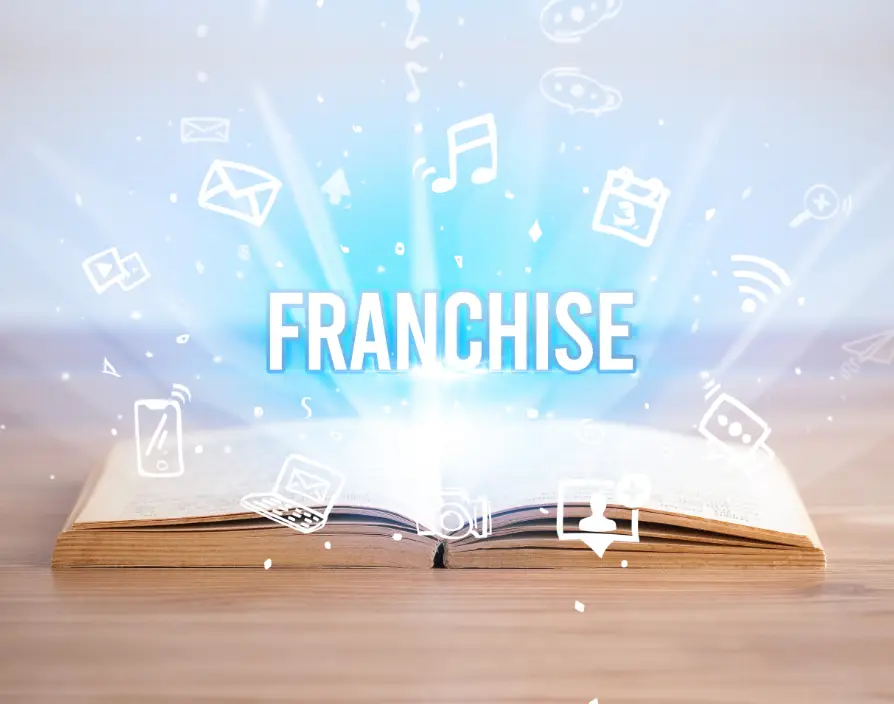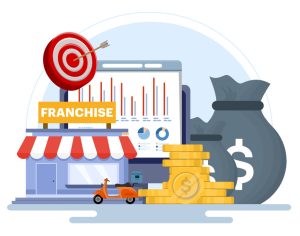But behind every glossy PDF is a truth that franchisees only discover after they’ve written the cheque. It’s time we stop sugarcoating the process and talk about what really matters before signing that agreement.
Your franchisor isn’t your boss, But they’re not your buddy either
Let’s kill the biggest myth first: franchising is not full entrepreneurship, and it’s definitely not a job. It’s a strategic marriage, complete with expectations, compromises, and prenups in the form of Franchise Disclosure Documents. Some people join thinking they’ll have free rein; others assume they’re just executing a manual. The truth is in between.
A strong franchise system gives you room to execute, but within a framework. At Ctrl V, we learned early that franchisees succeed when they feel empowered *and* aligned. When you’re evaluating a brand, ask: “Do I want to work with these people for the next ten years?” Because that’s what you’re signing up for.
Startup costs are just the first invoice
Everyone asks, “What’s the franchise fee?” Wrong question. Ask, “What does year one actually cost?”
Here’s the breakdown: there’s the franchise fee, yes. But also build-out costs, local marketing, signage, legal fees, training travel, hiring staff, software licenses, insurance, and oh – working capital (so your business doesn’t die before you even launch).
And don’t forget your own income. Most new owners don’t pay themselves in year one. If that’s not in your financial model, it should be. Want to be impressed? Find a franchisor that talks you *out* of investing unless you’re financially ready. We do.
Discovery Days shouldn’t feel like a timeshare pitch
Franchisors love Discovery Days. But many are nothing more than scripted sales theatre: handshakes, slideshows, and free lunches at the nearest Olive Garden.
You’re not buying lunch, you’re buying a business. So use the time wisely. Ask the tough questions:
– How many franchisees failed – and why?
– What percentage of locations are owned by the franchisor (i.e., do they eat their own cooking)?
– How long before franchisees break even?
– What changes are coming in the next 12 months?
At Ctrl V, we tell candidates to interview *us.* If a franchisor can’t handle that, you’ve got your answer.
Validation isn’t optional, It’s the whole game
Franchisees are your real source of truth. Speak to five or ten. Don’t just ask “Are you happy?” Ask:
– “What surprised you most after you launched?”
– “Would you do it again?”
– “Where did the franchisor over-promise?”
Good systems will have franchisees who are busy but willing to talk. If every conversation feels oddly scripted or you’re being steered to only a few ‘model operators’ — run.
Culture > Concept
Here’s the final kicker: the brand itself matters less than the people behind it. A great product with a toxic culture is a hand grenade. A niche concept with passionate support can scale globally.
Look at who’s in charge. Are they operators or marketers? Do they know your name or just your cheque size? At Ctrl V, we’re obsessed with making sure our franchisees aren’t just profitable, they’re proud. Because we’re not building stores. We’re building a movement.
You don’t need a crystal ball to succeed in franchising. You just need better questions. Ask them now, before you buy a business that ends up owning you.








